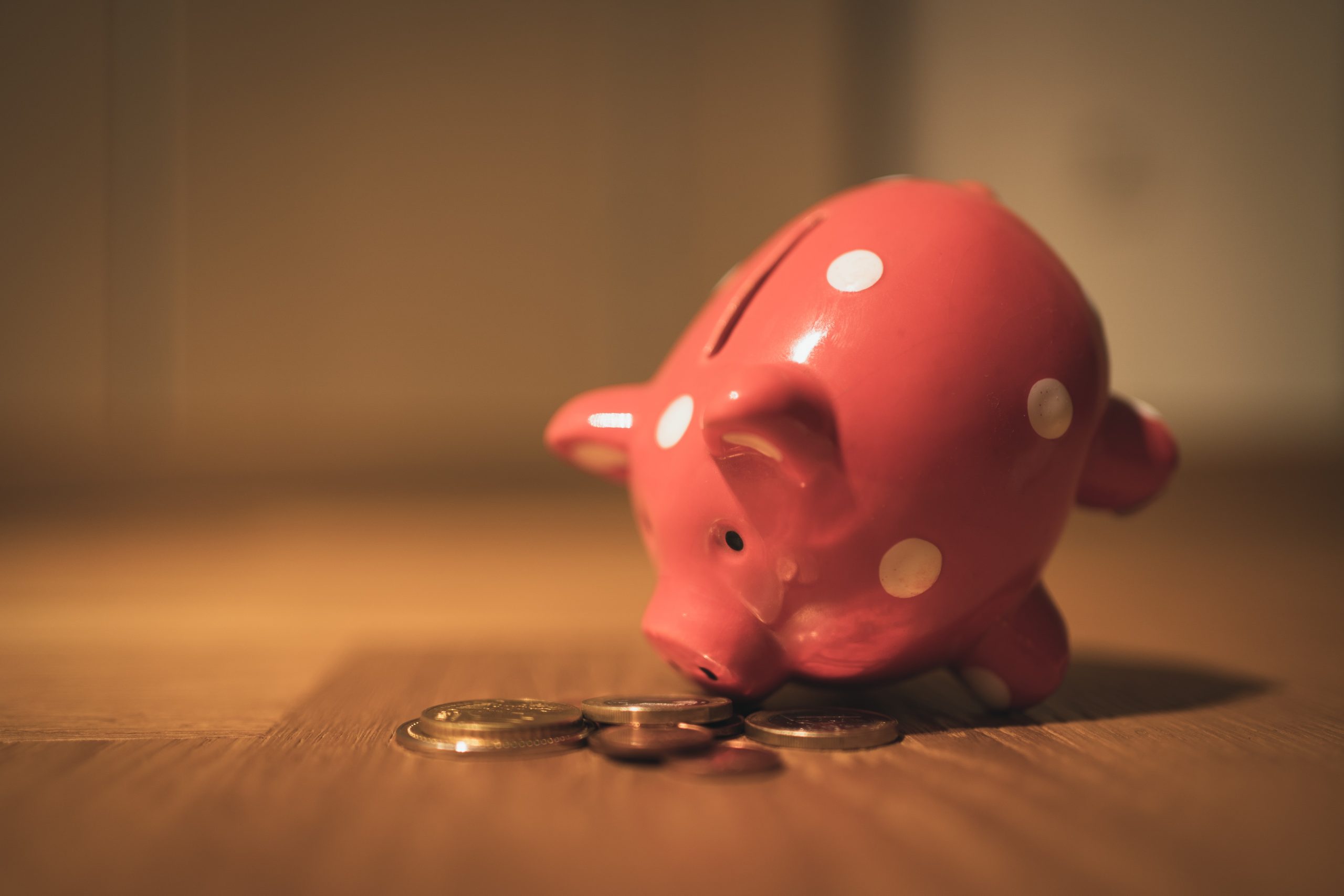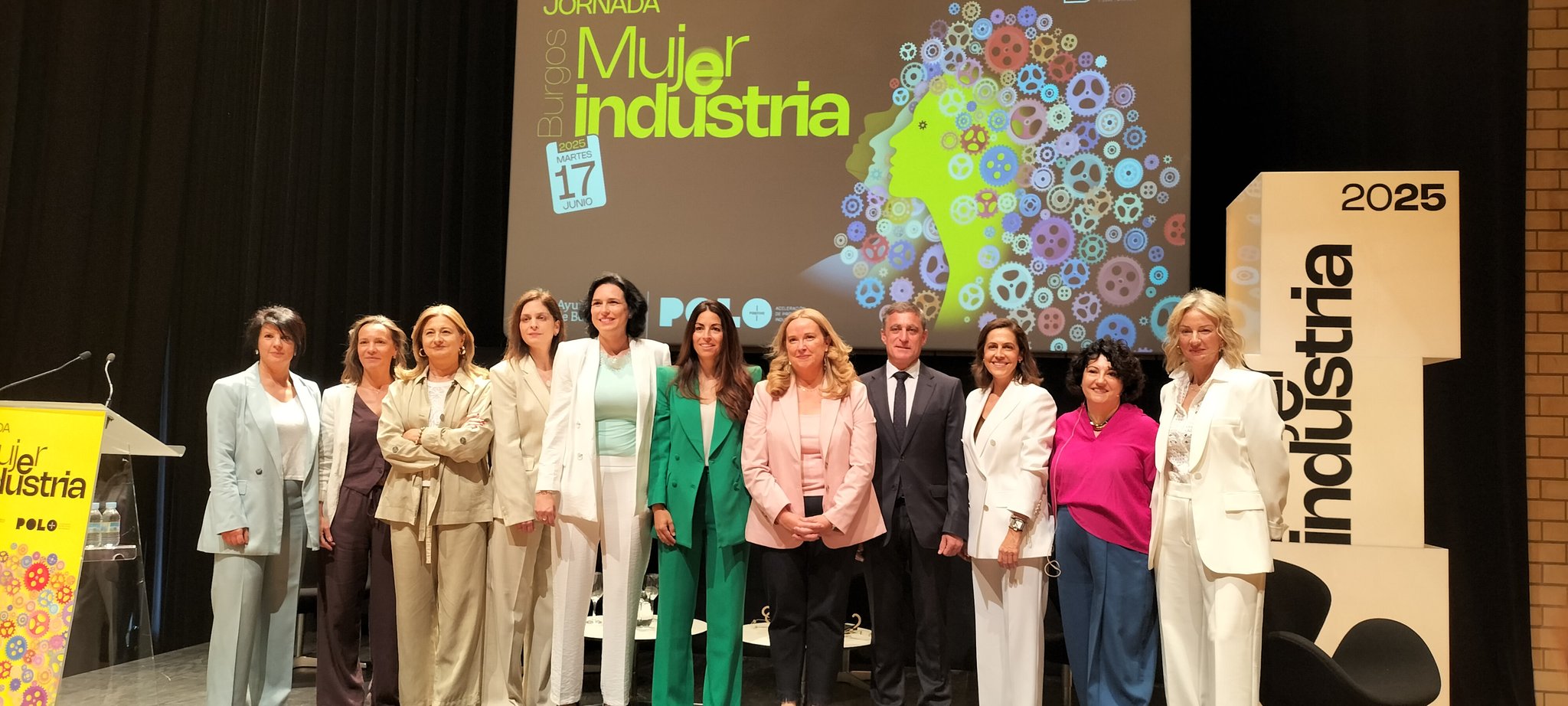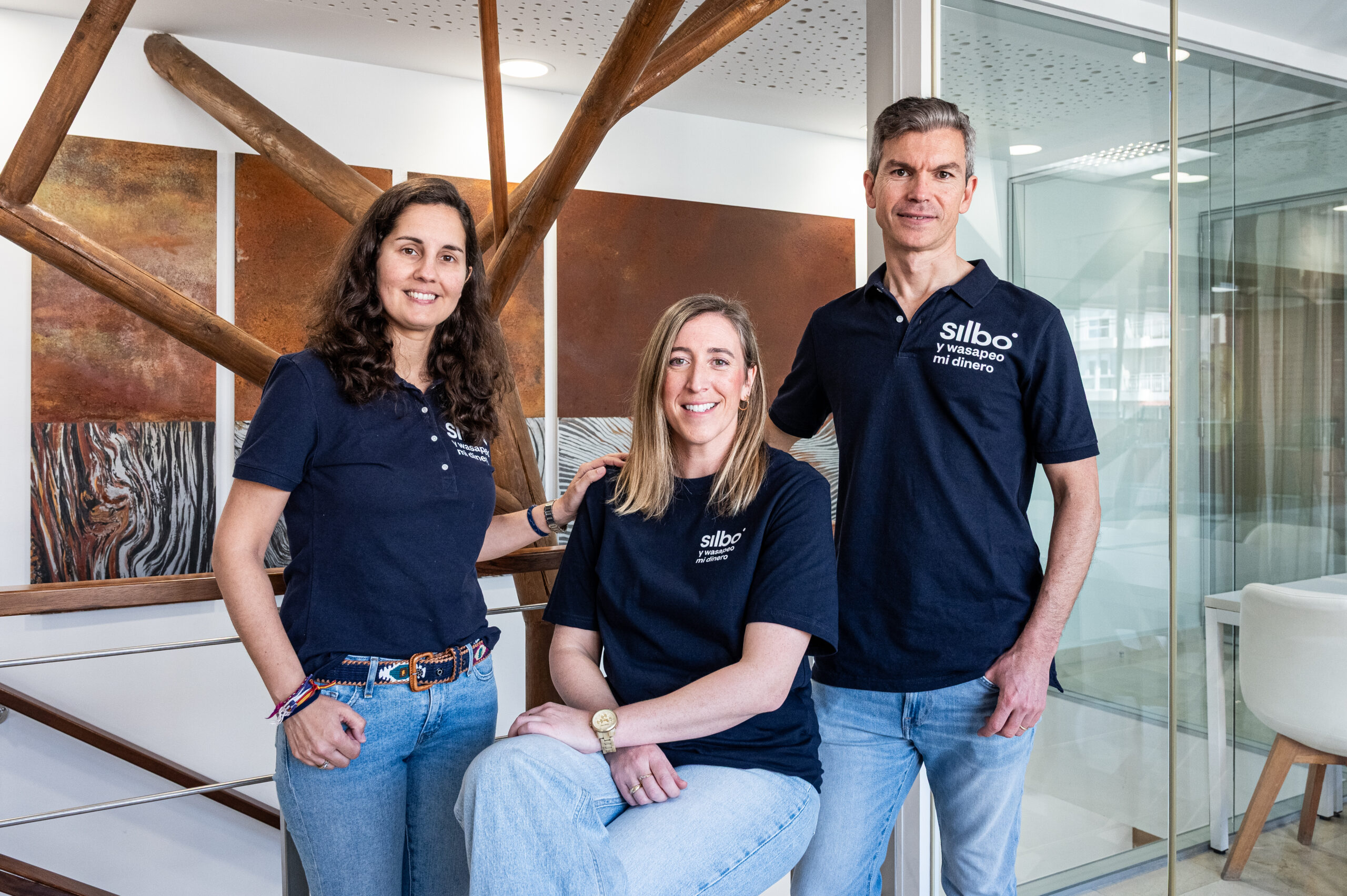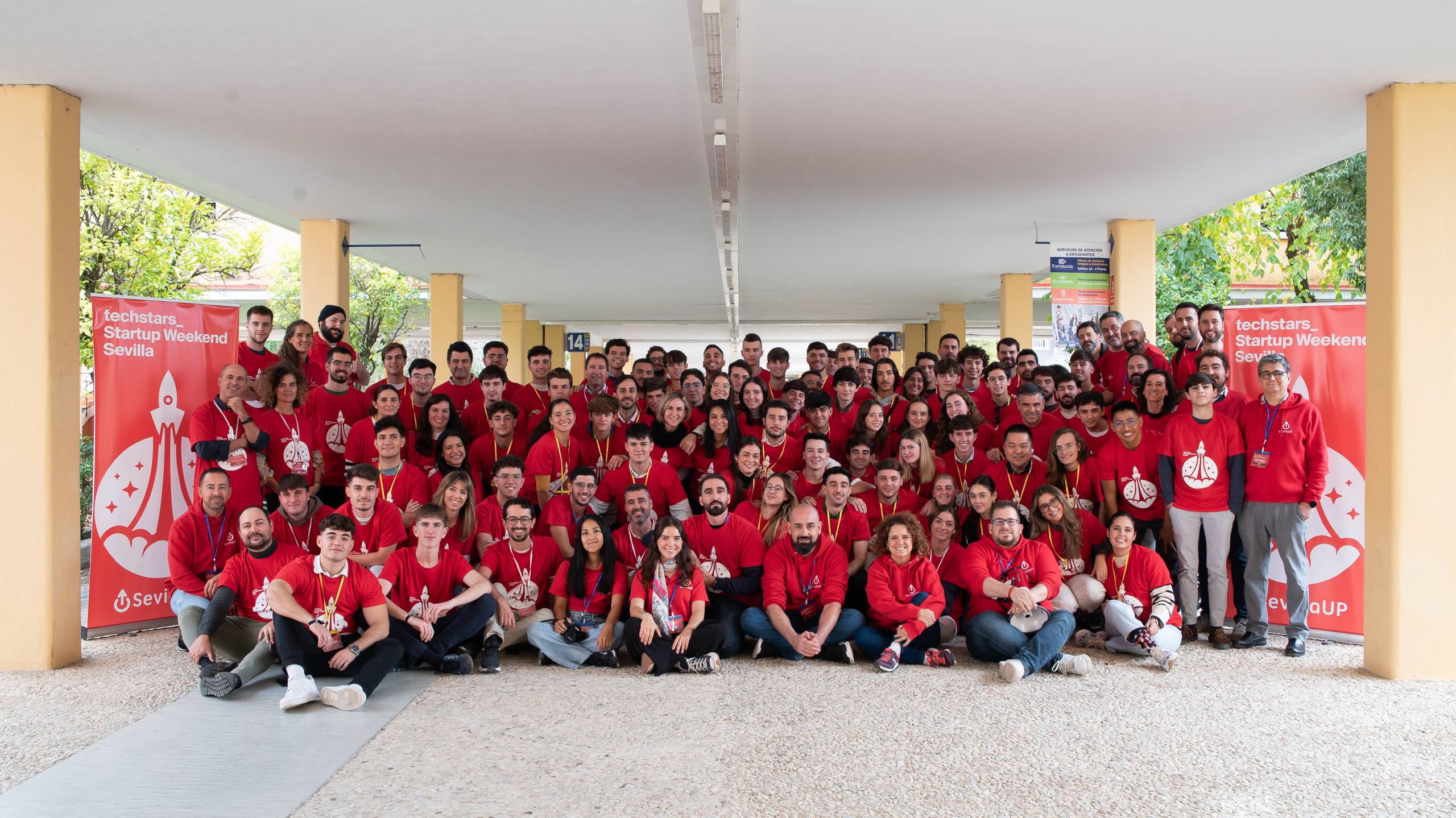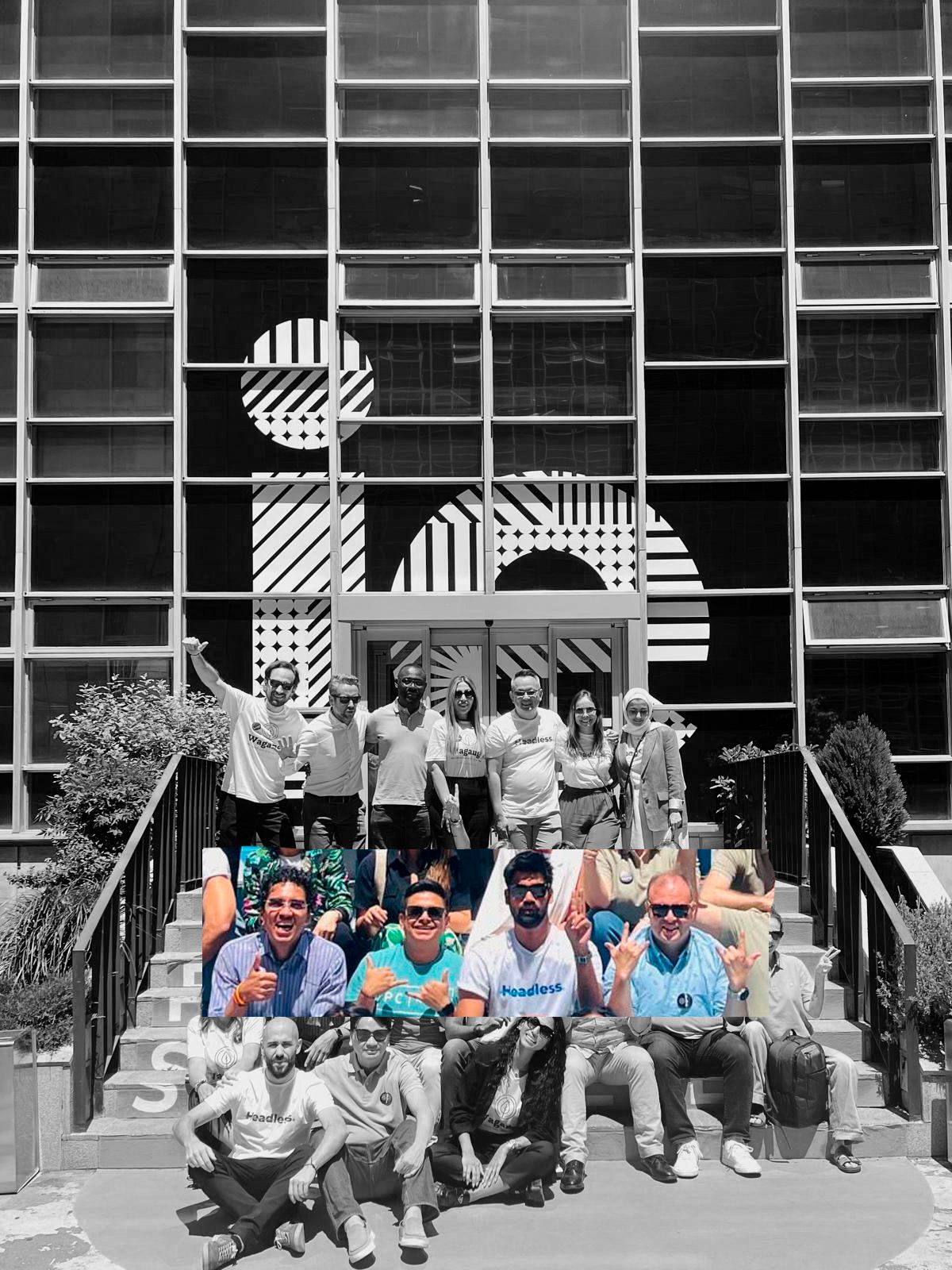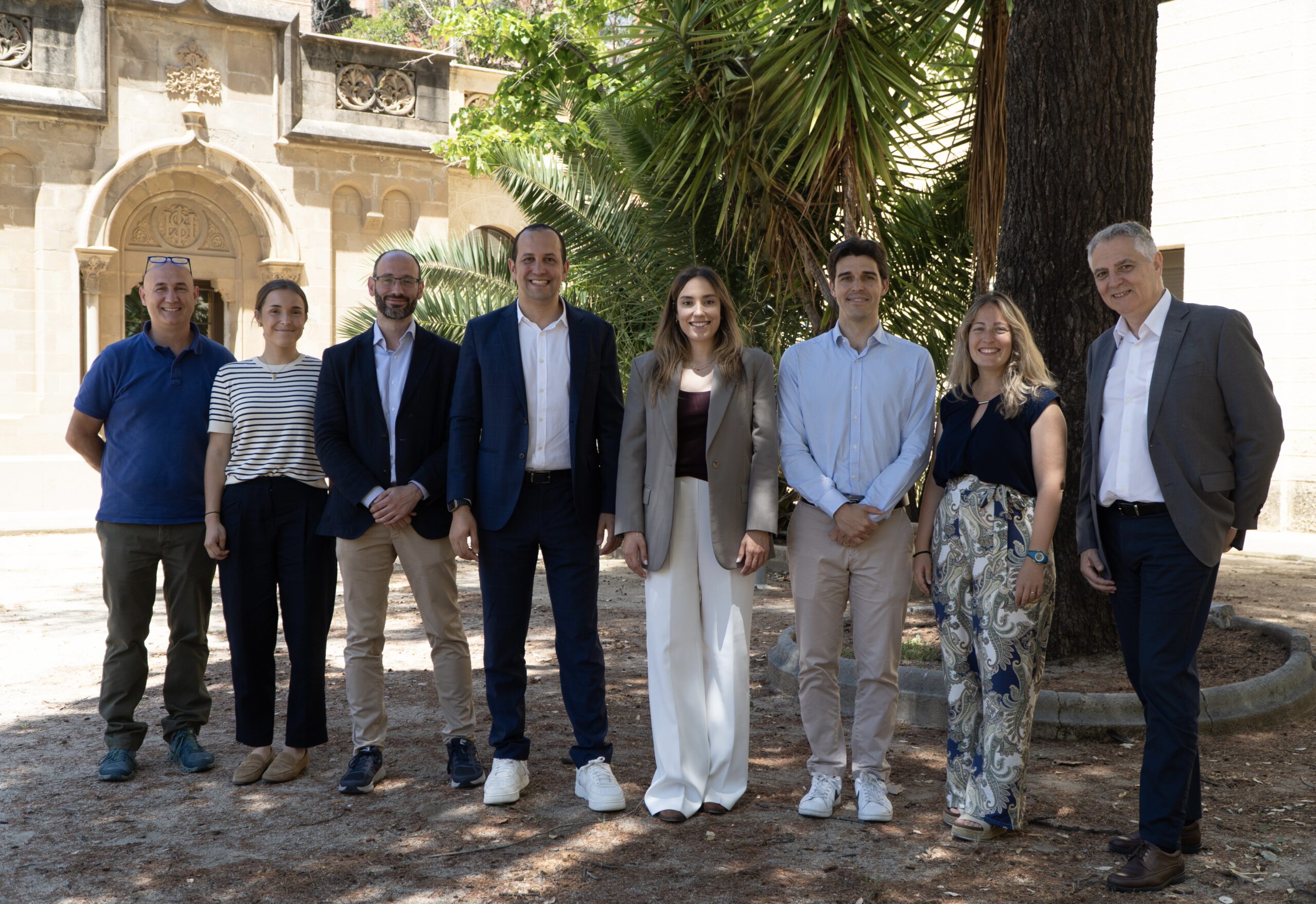If one had to pick three epithets for startups in the year 2022, it’s likely to be: steady, sober and staid.
For the early stage venture fund, TheVentureCity, which invests in product-centric startups across the US, Europe and Latam, the last quarter of this year is one of the most interesting and historic quarters for VC activity in recent memory.
But not for reasons you might think.
In its latest quarterly Benchmark report, the fund scans and analyzes investment into startups globally, including other VC firms. And over the last quarter to stack it up against previous quarters and 2021. And the message is rather somber: Although investors poured over $65 billion across 5,942 deals across the US, Europe and LatAm, that number represents a 36 percent drop from the previous quarter and a 43 percent drop compared to the previous year.
To put this number into context, the last time quarterly VC funding dipped below $65 billion was in the last quarter of 2020.This is less a testament to 2022, but more to how much capital was deployed in 2021.
“Founders have to adjust their valuations,” said Katya Skorobogotova, growth operational partner at The VentureCity. “Because COVID valuations were really high. And, on the VC side, it’s an interesting challenge to get founders to reconsider the valuations. The economy in the US is also in a recession, and a lot of consumer product startups are feeling the squeeze.”
However, this is not indicative of what lies ahead and the optimism with which investors are approaching 2023 as it draws closer. Most VCs are in a wait-and-watch mode treading with care and caution. Venture capital firms raised a record amount of capital, and are sitting on roughly $290 billion of “dry powder.” This means capital efficiency will be key, where the focus will be on scalability and sustainability.
“We have entered a more disciplined fundraising environment given the macroeconomic cycle,” said Eduardo García Fernández, investment banker at NYC-based Liontree. “While dry powder is at all-time highs, investors have pivoted from growth-at-all-costs to profitable-growth.”
The insights presented in this Benchmark report represent a diverse set of voices including limited partners, investors and startup founders themselves. With this in the rearview mirror here’s a look at what VCs expect in 2023:
More diligence where it’s due
The VC pockets might be deep, but their purse strings are still tight. In 2023, startup founders must brace themselves for more stringent evaluations from investors, as the focus on profitability will be razor-sharp.
“Even though, U.S. VC investors are sitting on $290 billion, including $162 billion reserved specifically for new investments. The venture funding market is much tougher right now,” said Jackie Baumgarten, founder of Miami-based startup Boatsetter. “Founders must prepare themselves that the level of scrutiny, the risk appetite, and the willingness to invest purely in upside potential has significantly changed. Expect a significantly greater level of due diligence as well as lower valuations or multiples on revenue than in previous rounds.”
TheVentureCity recently launched the Growth Scanner to help startups perform a self stress test, to do a due diligence on themselves in preparation for investors.
Rule of thumb: Relationships
This is more a reminder than forecast. The founding team is as much of an important vector for investment as the product itself – some would argue now more than ever.
“Start talking with funds before you are ready to fundraise. This will provide a more relaxed context for the conversation and allow investors to get familiar with you before they have to commit capital,” said Adrian Garcia-Aranyos, president of NY-based Endeavor. “Once you go back to them for commitments, they will have already socialized your business with their team, allowing for a faster time to close.”
Garcia-Aranyos’ advice to entrepreneurs is to find investors “who truly get you and you can hang out with.” He also emphasized the need to be calm and not too hard on oneself as there will always be funding for good ideas and solid metrics.
Wide adoption for deeptech
In 2023, investors will turn their attention to how deeptech and AI is adopted by consumer sectors. Steven Schlenker, the managing partner at Californian VC firm DN Capital thinks now is the time to take AI and machine learning beyond big tech companies.
“In terms of sectors, open source AI models and data structures have become so ubiquitous, and powerful chipsets so available/affordable,” Schlenker said. “Now is the time to build AI applications for all business departments and most consumer use cases, not just to serve the largest / most tech savvy companies.”
“Stand back, I am going try science”
A wider adoption of deep tech might even convince cagey VCs to consider investing in lab-stage companies. Thanks to the deep integration of tech in everything we do, this will be a departure from VCs being skittish about investing companies that would otherwise considered to be “too niche” or “highly technical.”
“We are excited to see traditionally tech-forward funds investing into the sciences,” said Ariana Thacker, founder of Conscience VC. “We anticipate far more investment activity into lab-stage technologies, academic spin-outs, and highly technical / PhD-equipped CEOs over the next few years.”
South of the border
Did someone say VC winter? All they need to do is go south. While investments in Q3 this year have been sobering, not all regions suffered. While Europe and the US saw a drop of 36 percent and 38 percent respectively, the sun shone bright in LatAm – Q3 stabalised in the region and the quarter ended with over $2 billion capital deployed into startups across 141 deals, a 5 percent increase from the previous quarter.
There are several reasons that speak for this: Growing adoption of software solutions, exponential rate of digitization of core business operations, and higher funding for fintech are all factors that contribute to strengthening the startup ecosystem, and of course the population is hungry to uplift its quality of life.
Take it from Manuel Beaudroit who founded the Argentinian crypto startup Belo.
“Latam has been playing an interesting role in the crypto industry for the past couple of years,” Beaudriot said. “We have been able to develop an identity of our own, create companies and solutions without losing sight of what’s needed in the region, and stay up to date on the most novel developments. We are a region which understands the importance of decentralization, stability, and sovereignty.”
After a heady ride of 2021, 2022 seemed more turbulent given the global macroeconomic condition. That, notwithstanding, investors are buoyed by optimism and a hopeful return to normalcy in 2023.



